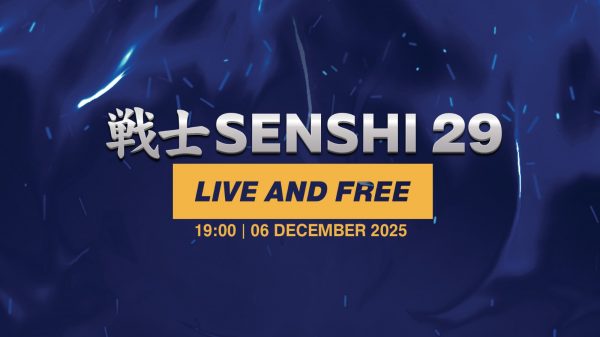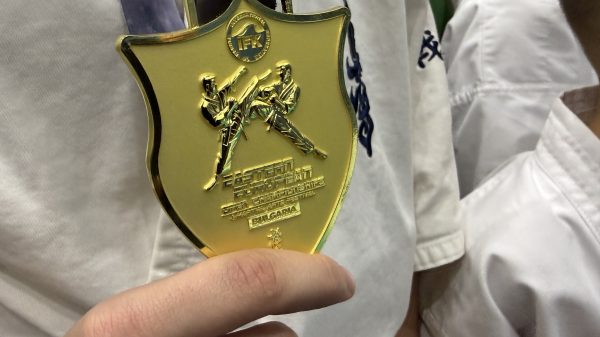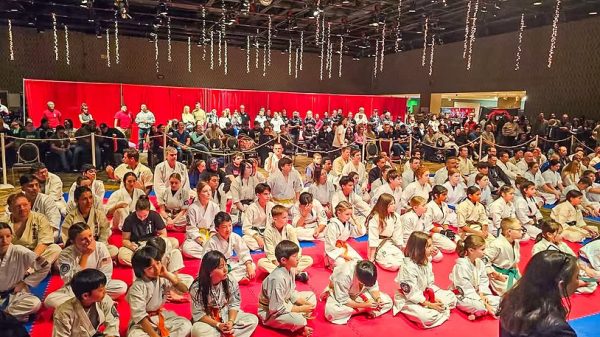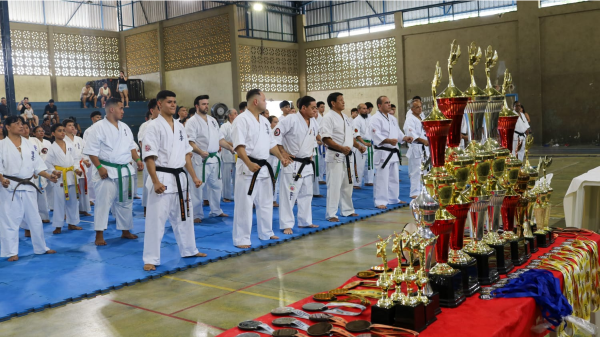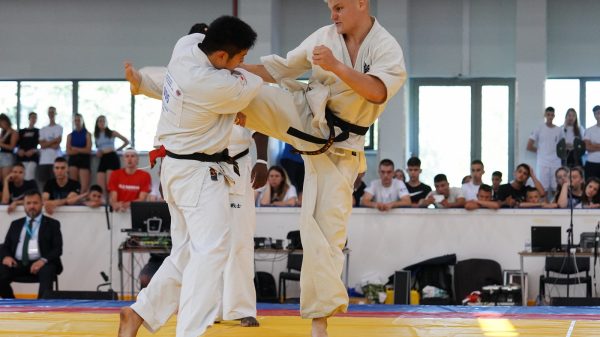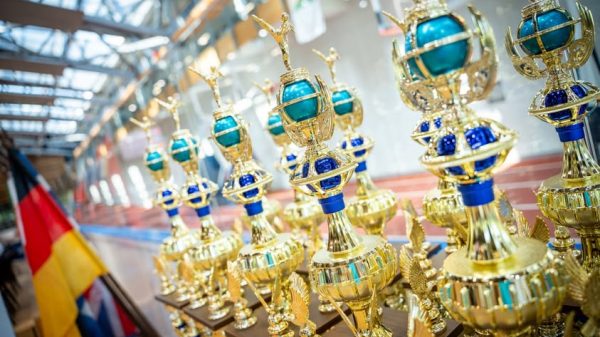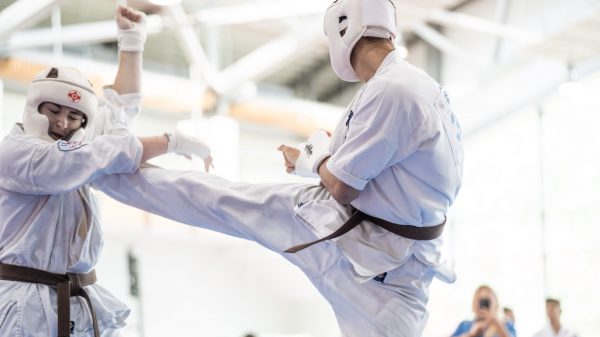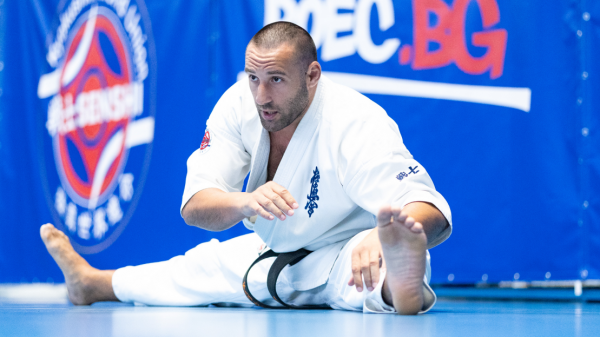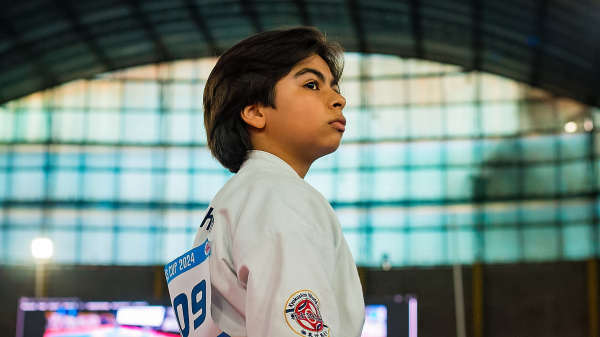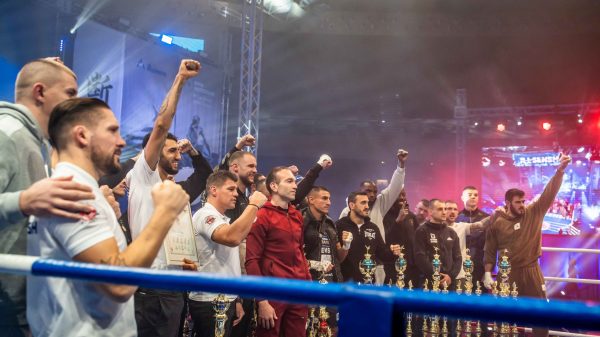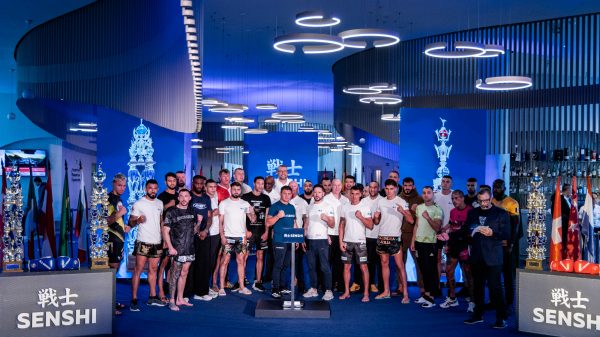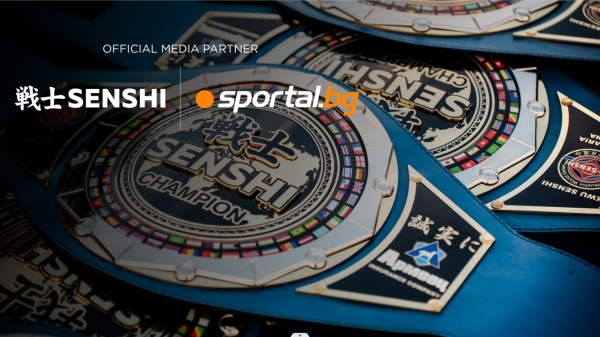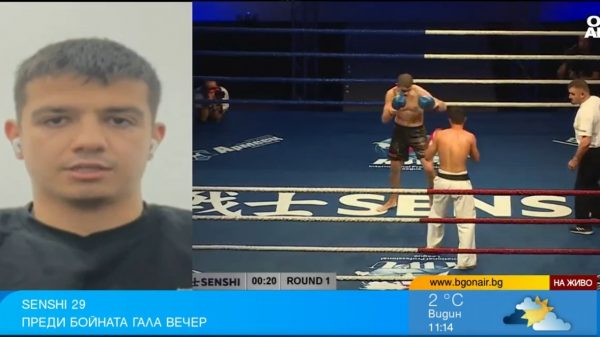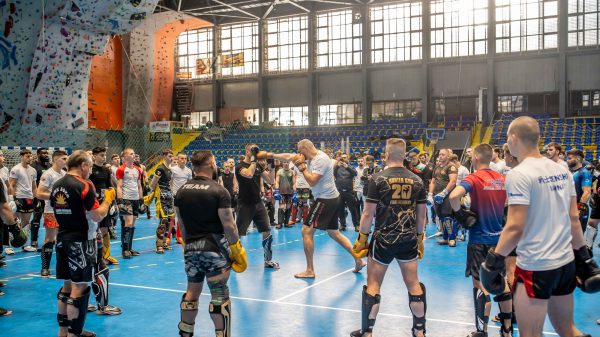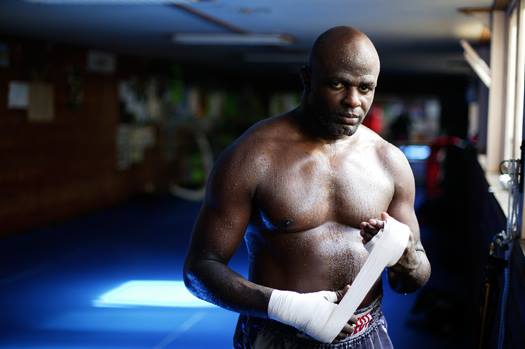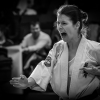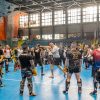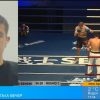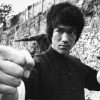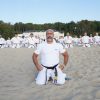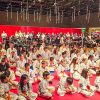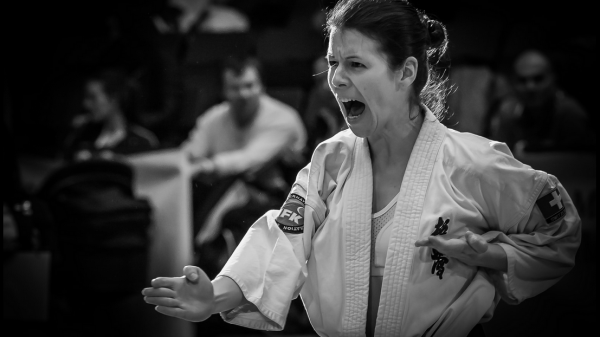In short, no.
Being a top competitor does not make you a top instructor.
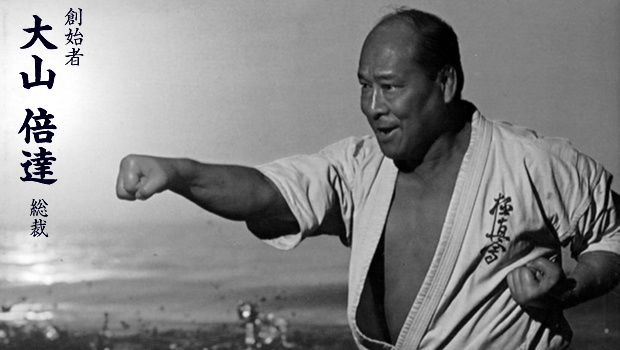
I realize this is going to step on a lot of people’s toes. There are plenty of examples of top competitors who are also great instructors whom people will defend. But, there are also a lot of top-tier fighters who are absolutely horrible as instructors. People just don’t want to admit it.
The latter ground of instructors will ask, “What do you mean I’m not a good instructor? I’ve been training for nine years and I’ve won thirty different championships. Just look at all of my medals!”
This is exactly my point. You have been training to compete, not to instruct. Sure, you may have gleaned a bit of instructional skill from your instructor, but your main focus has been to compete, not instruct, and these are very different skillsets.
Qualities of a top competitor
The ability to put karate above everything else in their life
Unyielding drive to compete, and to win
Desire to be a perfectionist
Willingness to sacrifice other aspects of life (such as friends, family, and romantic relationships) for competition success
Qualities of a top instructor
Willingness to help their students
A large amount of content knowledge
Interpersonal (communication) skills
Interpersonal (self-reflective) skills
Passion to support others over themselves
Skill sets have little overlap
As you can clearly see, the lists above are very different. If you want to see a great example of this, ask a top student who has never taught before to teach a class sometime. They will likely do one of two things: they will teach exactly the same way they were taught, or they will be at a complete loss and utterly fail. This is a great example of how training to “do” and training to “teach others to do” are very different.
“When you’re trying to be a world champion and you have that burning desire and that extreme focus and you’re isolating yourself, I became socially unaware of my surroundings. I wasn’t the most friendly guy. I may have trained too hard with people who weren’t there for the same reason as me, and that was just a product of what I was trying to do.” Jordon Schultz (multiple-time world champion at the brown and purple belt), lamented the way that he treated his students and training partners at his old academy.
But, what is really cool is that we see fighter start to move away from the single-mindedness of a top competitor and toward the mindset that will likely lead to him being a top instructor in the future. A great teacher has to not only understand what they are teaching but how to communicate it to others. In Jordon’s case, his instruction suffered because he was not able to effectively communicate with students. Communication isn’t a vital part of being a top competitor in the same way that it is to be a top instructor.
In addition, when technique and ability are outside of your conscious awareness, you may not know how you do what you do. This is a huge barrier that keeps many top competitors from being able to teach what you know to somebody else, especially people who learn kinetically, while other students in the same class may learn visually or verbally.
_____
By Brendan Hufford
www.bjjstyle.com


